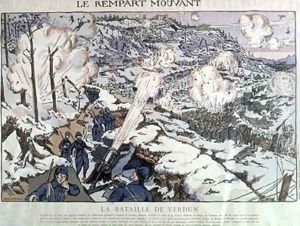Jean Le Prince Paintings
Jean-Baptiste Le Prince was a French etcher, painter, and draftsman known for his contribution to the French Rococo movement and for his innovative use of aquatint in printmaking. Born on September 17, 1734, in Metz, France, Le Prince was initially trained by his father, a talented sculptor. He later moved to Paris to continue his education, where he became a pupil of the renowned painter François Boucher, who was a leading proponent of the Rococo style characterized by its ornamental and theatrical qualities.
Le Prince is particularly remembered for his fascination with Russian life and customs, which he experienced firsthand during his travels to Russia in the 1750s. These travels proved to be a significant influence on his work. He became known for his portrayal of Russian subjects, which were novel to his French contemporaries and contributed to the European interest in exotic and foreign cultures. His keen observation and depiction of Russian peasant life, landscapes, and traditional customs were not only artistic but also had an ethnographic value.
Upon his return to France, Le Prince continued to work and develop his artistic skills. He was admitted to the Académie Royale de Peinture et de Sculpture in 1765 and received the title of 'Painter to the Emperor' due to his unique subject matter. Among his notable contributions to the art world was his adaptation of the aquatint technique, a form of etching that allowed for the creation of tonal effects resembling watercolor washes. This was a significant development in the printmaking field and expanded the possibilities for artists to reproduce images with a range of tones.
Unfortunately, Le Prince's life was cut short when he disappeared in 1781 under mysterious circumstances. To date, his death remains a subject of speculation with various theories, including abduction and murder. Despite his untimely and enigmatic demise, Jean-Baptiste Le Prince's work has left a lasting impression on the world of art, particularly in the areas of printmaking and the French interpretation of exotic cultures.
